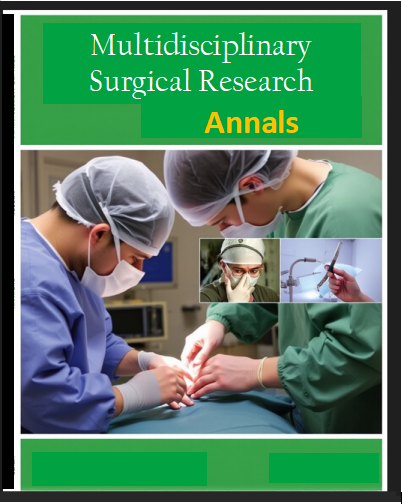Insulin versus Oral Agents in Uncontrolled Diabetes: A Retrospective Comparative Study
Abstract
Background: Uncontrolled type 2 diabetes mellitus (T2DM) leads to severe microvascular and macrovascular complications and remains highly prevalent worldwide. Many patients fail to achieve glycemic control despite available treatments. Objective: To compare glycemic control and key outcomes between intensification with insulin versus adding a third oral hypoglycemic agent (OHA) in patients with uncontrolled T2DM. Methods: A retrospective observational study using medical records at a secondary hospital in Punjab, Pakistan, included 10 patients with uncontrolled T2DM on dual oral therapy. Five patients had insulin added (Group 1) and five received triple OHA therapy (Group 2). Over ~6 weeks of follow-up, changes in HbA1c, weight, hypoglycemic episodes, and hospitalizations were analyzed. Results: Both strategies improved glycemic control, but the insulin group had a larger HbA1c reduction and a higher proportion of patients reaching target. Baseline characteristics were similar, aside from longer diabetes duration in the insulin group. After six weeks, mean HbA1c decreased by 2.3% in Group 1 versus 1.2% in Group 2. HbA1c <7% was achieved in 40% (insulin) vs 20% (OHA) of patients. Insulin therapy led to weight gain (+1.4 kg vs +0.4 kg) and more patients with hypoglycemia (60% vs 20%). Hospitalization rates were 20% in Group 1 vs 40% in Group 2. Conclusion: In this real-world study, insulin intensification achieved greater short-term glycemic improvement than triple oral therapy but with more hypoglycemia and weight gain. Clinicians should weigh improved control against side effects when intensifying therapy for uncontrolled T2DM.




